INTERACTIONS WITH NATURE
- Fadia@AtFaro

- Jun 20, 2022
- 1 min read
Updated: Jul 26, 2024
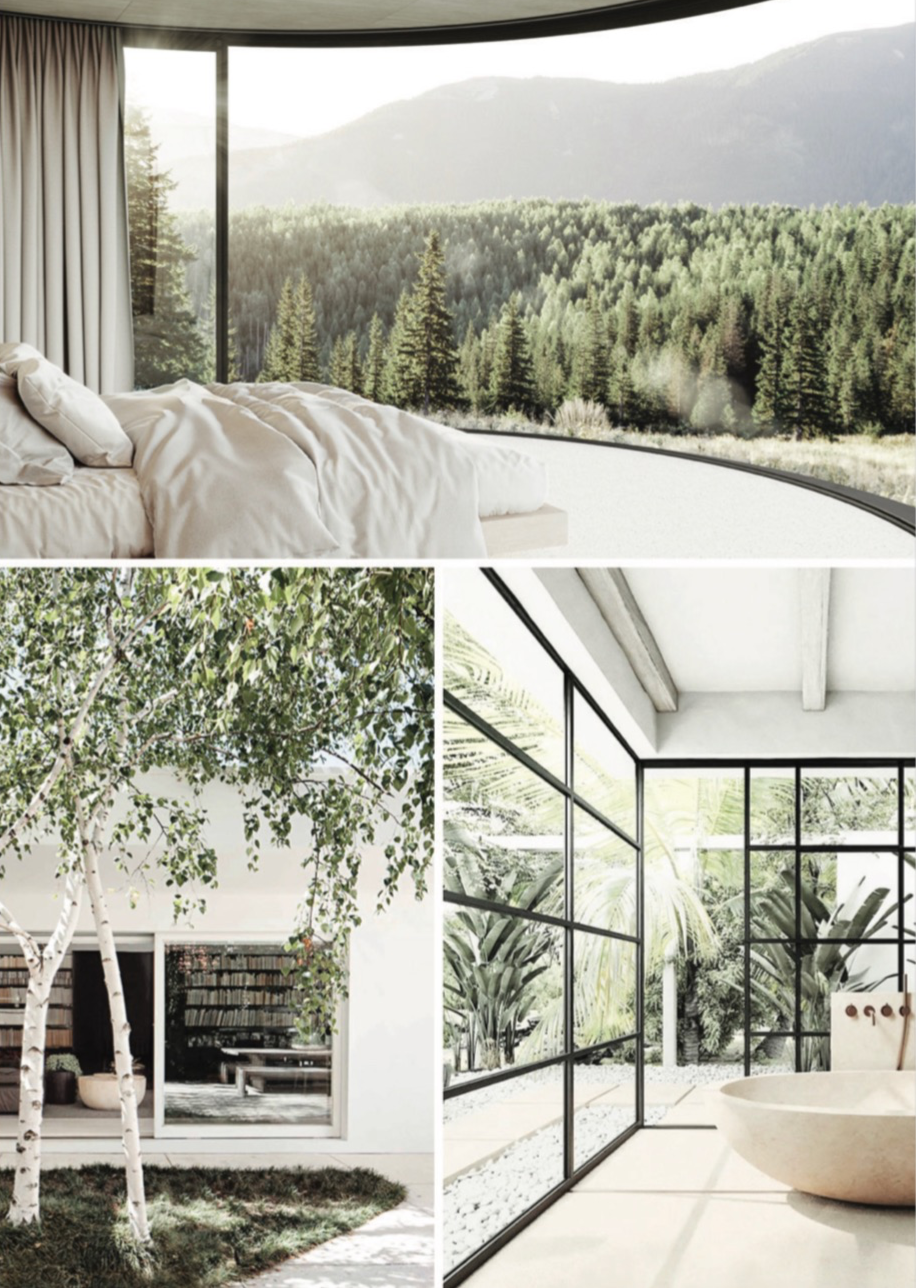
Interactions with
nature through other
senses: sound, touch,
smell and taste
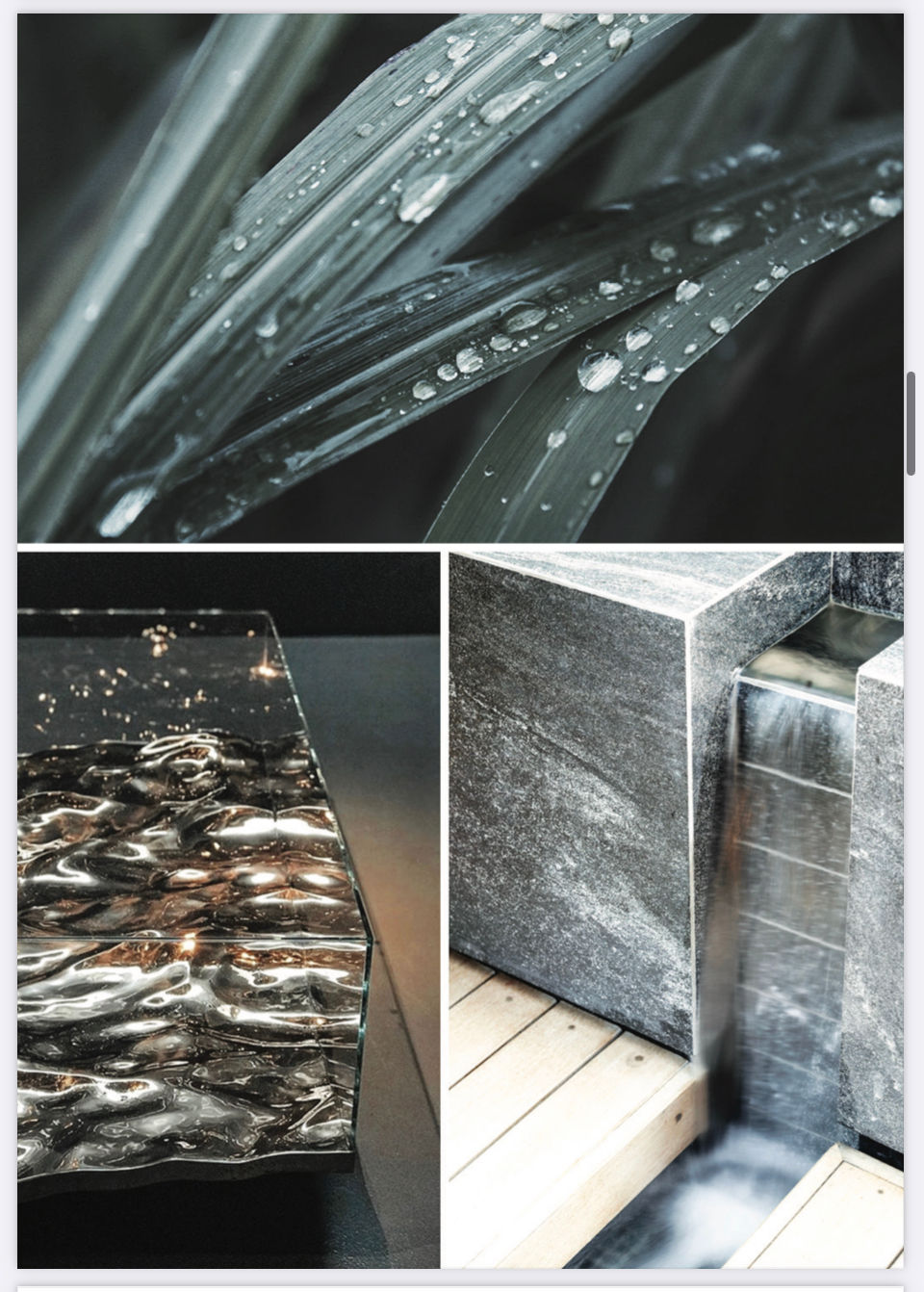
We Use Biophilic design as an approach to design that places human wellbeing
and nature jointly at the center of any of project. Translating the essence
of nature into design solutions, biophilic spaces actively support
our health and wellbeing while restoring a complete and balanced
relationship with the natural world around us.
The theory behind biophilic design has been described with a framework
of tools - called patterns - that are aimed at facilitating biophilic design
applications.

I predictable and non-repetitive movements recalling those happening in nature (birds chirping, leaves moving in a breeze...)
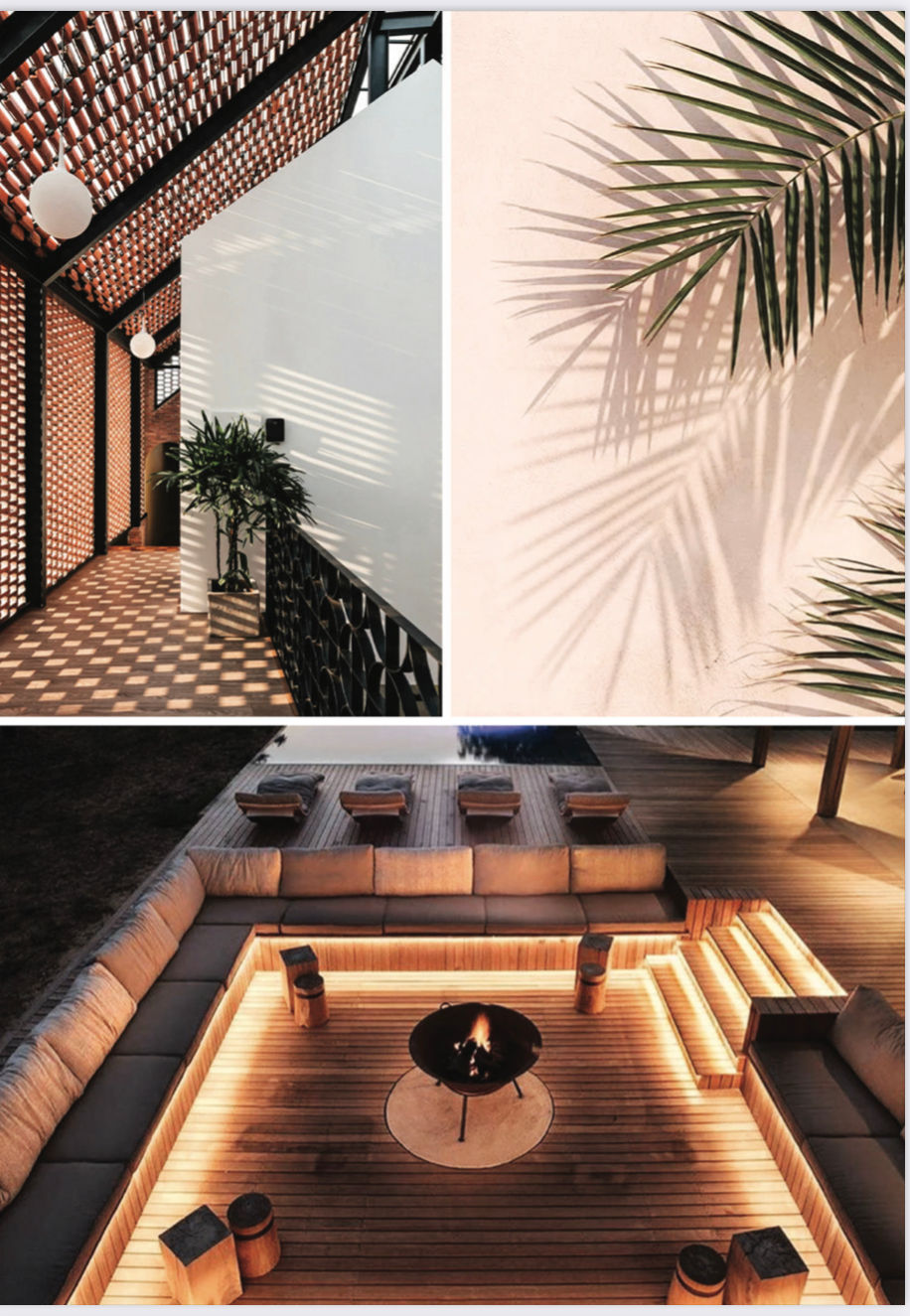
Varying lightins intensities and light changes over time evoking the natural cycle of day and night
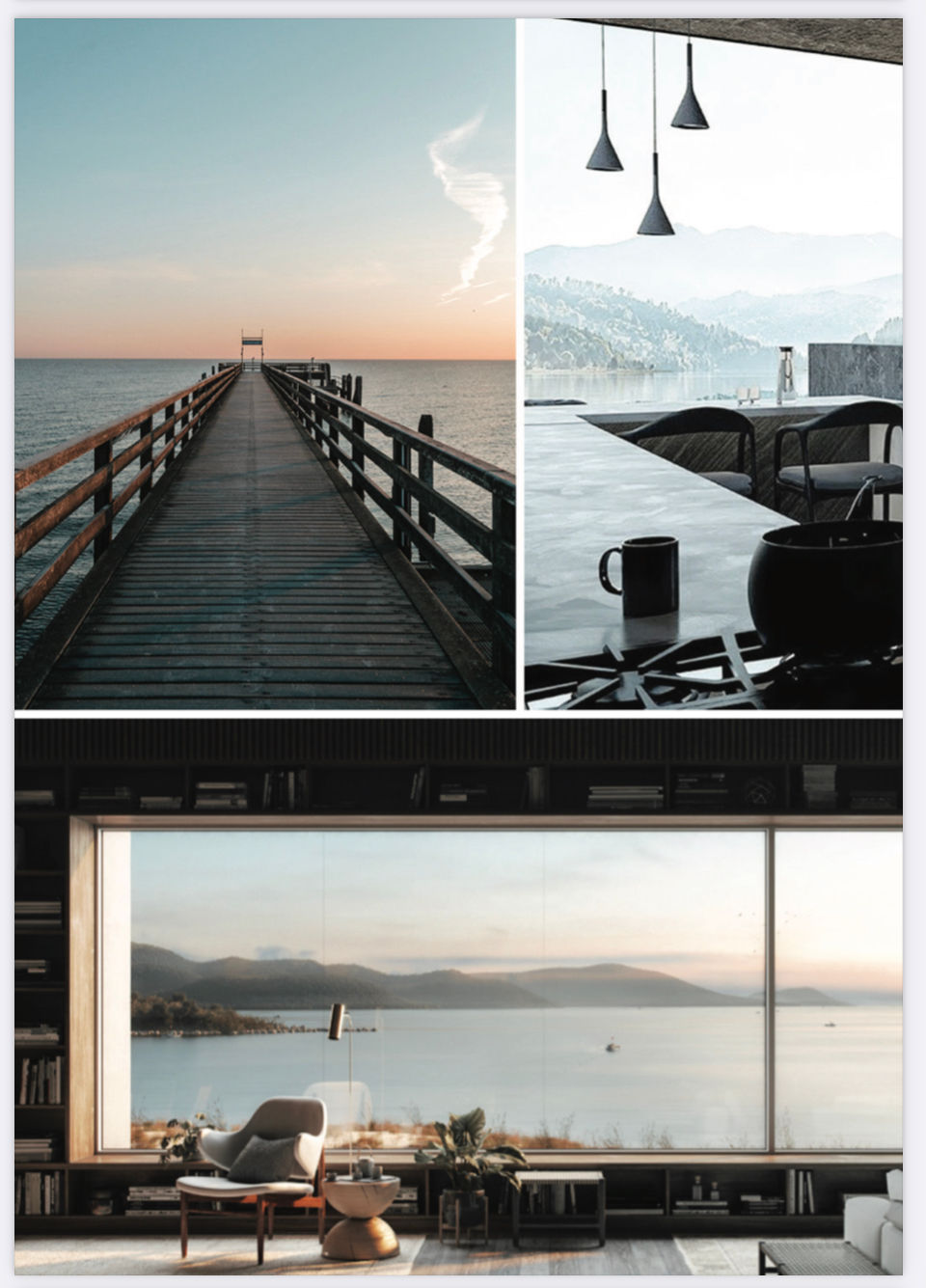
Use of water and water mimicking solutions as design features
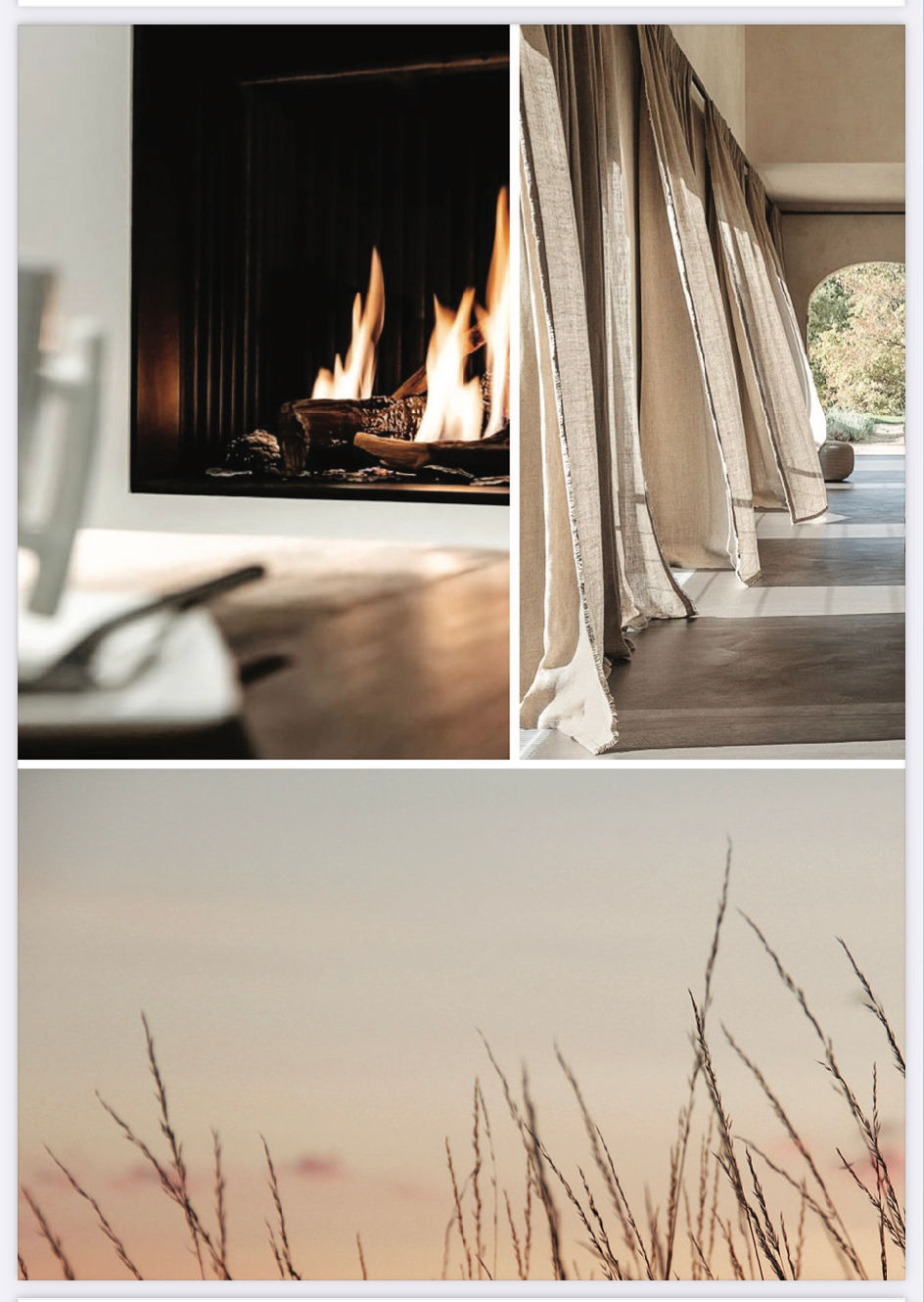
Naural materials and elements that reflect the local environment in terms of ecology or geology
Complexity & Order
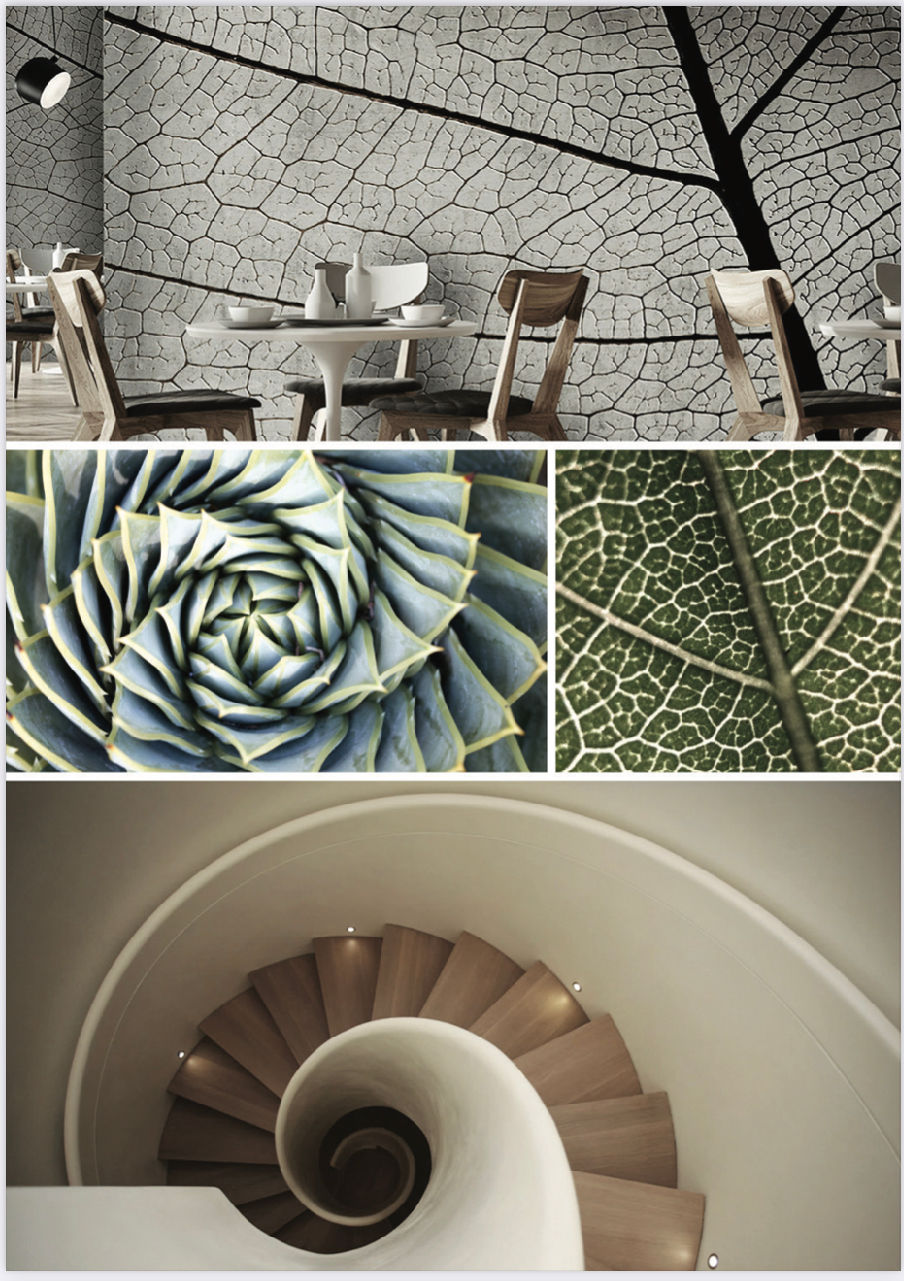
Rich sensory features recalling natural spatial hierarchies (otherwise called fractal patterns)

Uninterrupted
views over a distance
creating feelings of
calm and safety






Comments